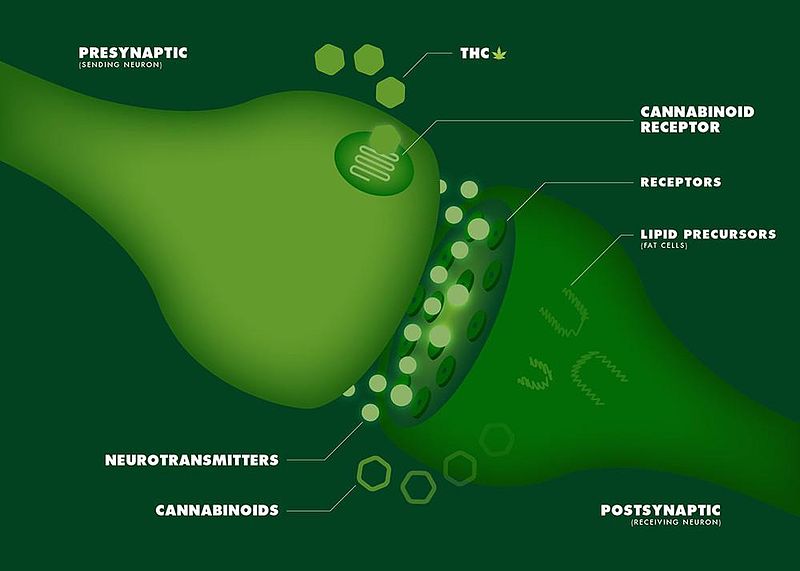The Effect of Deep Tissue Massage on Respiratory Parameters on Healthy Individuals
Deep tissue massage (DTM) is a therapeutic approach that targets the deeper layers of muscle and fascia to alleviate symptoms associated with fascial disorders.
While DTM has been primarily studied for its effects on musculoskeletal conditions, there is growing interest in exploring its impact on other physiological systems, including the respiratory system. The respiratory system relies on the expansion and contraction of the chest cavity to facilitate proper breathing and oxygen exchange. Any restrictions within the chest region could potentially impede respiratory function.
A study aimed to investigate the effects of DTM on respiratory parameters in healthy individuals.
A total of 40 participants, free from any respiratory or musculoskeletal conditions, were recruited for the study. The participants were randomly divided into two groups: an experimental group that received a single session of DTM and a control group that underwent classic massage.
Prior to the massage session, baseline measurements were taken, including chest circumference, oxygen saturation levels, and spirometry tests to assess dynamic lung volumes (such as forced vital capacity, forced expiratory volume, etc.). The massage sessions were conducted by trained therapists using standardized protocols.
Following the massage sessions, the same measurements were repeated to evaluate any changes in respiratory parameters.
The analysis of the data revealed significant improvements in chest expandability in both the experimental and control groups, with a more pronounced effect observed in the DTM group. The experimental group also demonstrated significant increases in vital capacity and oxygen saturation levels. However, a slight decrease in forced vital capacity was observed in the experimental group, although it was not statistically significant.
Based on the findings of this study, the authors concluded that deep tissue massage may have a positive impact on respiratory parameters in healthy individuals. The observed improvements in chest expandability and vital capacity suggest enhanced respiratory function following DTM. However, the decrease in forced vital capacity warrants further investigation to understand its significance and potential implications.

